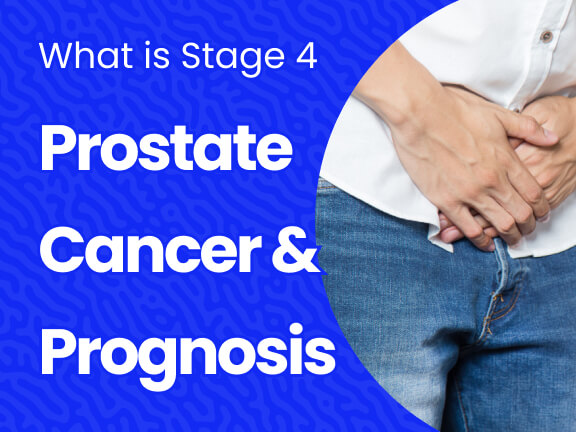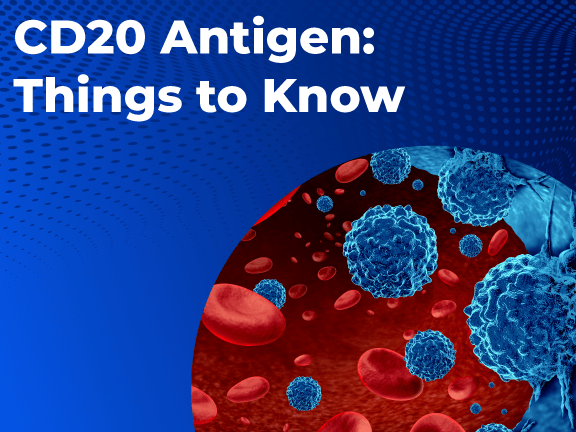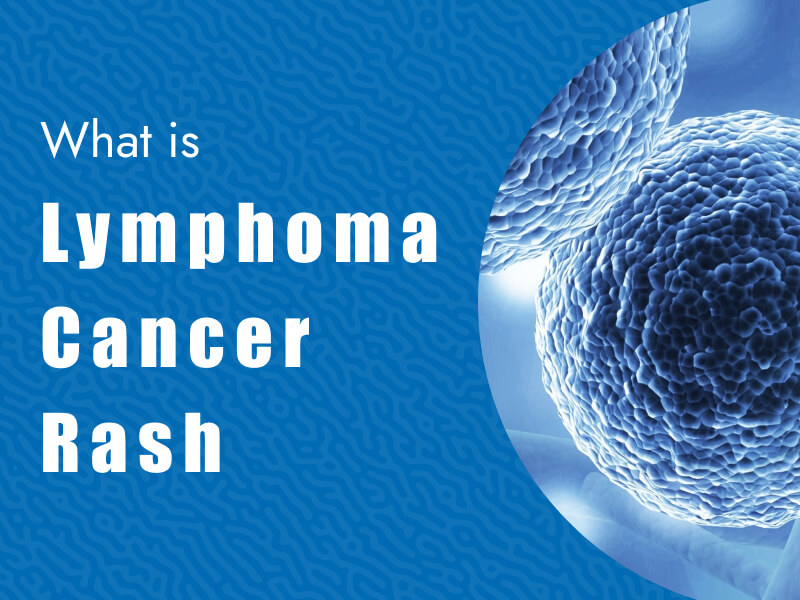As Esophageal Cancer Awareness Month winds down, it’s a good time to reflect on advances that have been made in the treatment of this challenging diagnosis. As recently as the 1970s, the likelihood that a patient newly diagnosed with esophageal cancer would still be alive in five years was just 5 percent. That figure has more than quadrupled today, as new strategies for treating these malignancies have proven to be game changers. Earlier this month, Massive Bio Co-founder and Chief Medical Officer Arturo Loaiza-Bonilla, MD, spoke with Targeted Oncology about the growing lineup of biomarker-based targeted therapies for esophageal cancer and a related condition, gastroesophageal junction cancer. “Esophageal cancer has had a tremendous number of successful studies that have changed the way we treat [patients],” said Dr. Loaiza-Bonilla in the interview.
While early-stage esophageal cancer can often be successfully treated with surgery and related procedures, most patients with this disease are diagnosed with cancer that has advanced to other tissues, which requires systemic treatment. Until recently, chemotherapy (with or without the addition of radiation) was the primary treatment option. However, noted Dr. Loaiza-Bonilla, the addition of drugs called checkpoint inhibitors has significantly improved the control of esophageal cancer.
Checkpoint inhibitors are a form of immunotherapy, which is a type of medicine that boosts the body’s natural defenses, making the immune system better able to find and destroy cancer cells. Several checkpoint inhibitors are approved for the treatment of esophageal cancer that work in a similar way. The immune system produces T cells, which normally defend the body against bad actors such as cancer cells. However, some cancer cells have the ability to turn T cells to the “off” position, so they don’t go on the attack. Checkpoint inhibitors work by binding to certain proteins, which keeps T cells in the “on” position, able to detect and initiate an assault on cancer cells.
Two checkpoint inhibitors, pembrolizumab (Keytruda) and nivolumab (Opdivo), are approved for treating esophageal cancer that has advanced to lymph nodes or other tissues and organs (known as metastasis). Both medications were approved on the strength of clinical trials that demonstrated that adding them to a patient’s regimen significantly improved survival compared to receiving chemotherapy alone.
“It’s [been] a whirlwind of new things happening and a lot of controversy as well, because we have a couple of checkpoint inhibitors to use now. Which do we use first?” asked Dr. Loaiza-Bonilla, noting that other issues need to be settled, as well. For example, checkpoint inhibitors are most effective in patients whose tumors express high levels of a biomarker protein called PD-L1. But there are some questions about the threshold doctors should use when deciding whether a patient might benefit from a checkpoint inhibitor, and even which test to use to measure PD-L1, noted Dr. Loaiza-Bonilla.
Other FDA-approved biomarker-based treatments for esophageal cancer include trastuzumab deruxtecan (Enhertu) for advanced or metastatic gastric or gastroesophageal junction adenocarcinoma in adult patients who test positive for the biomarker HER2 and have previously received a trastuzumab (Herceptin)-based treatment regimen. More biomarker-based therapies for esophageal cancer are in clinical trials. Dr. Loaiza-Bonilla has been closely watching several, including outcomes for an experimental drug called zolbetuximab, which targets a protein called Claudin 18.2 that is highly present in several types of malignant tumors, including gastroesophageal junction cancer. In a recent phase 3 clinical trial, patients with metastatic gastroesophageal junction cancer and who were positive for Claudin 18.2 received zolbetuximab plus chemotherapy. The trial found that they had significantly longer time in remission and overall survival than others given the standard regimen of just chemotherapy.
Other biomarkers could become targets for new treatment strategies in esophageal cancer; investigational drugs that take aim at several are currently being studied in clinical trials, including a gene alteration known as an NRG fusion and KRAS gene mutations. Determining whether a patient with esophageal cancer has these or other biomarkers can make him or her a candidate for targeted therapy, either in the form of an approved medication or a novel treatment under investigation in a clinical trial. But identifying these patients requires broad-scale testing in the form of next-generation sequencing, which scans the genome for genetic errors that promote cancer, though only a minority of people with cancer undergo such testing today.
“I’m a strong proponent of precision oncology,” said Dr Loaiza-Bonilla. “Everyone should be tested with broad panels, looking for all those biomarkers, because you [wouldn’t] want to miss that for yourself.” He hopes his colleagues in oncology and hematology will embrace this philosophy and the approach he takes with his own patients. Dr. Loaiza-Bonilla told Targeted Oncology that he has “a passion to get those patients into clinical trials and use biomarker testing as much as possible. That is my call to everyone.”
You can read the interview with Dr. Loaiza-Bonilla in Targeted Oncology here.












